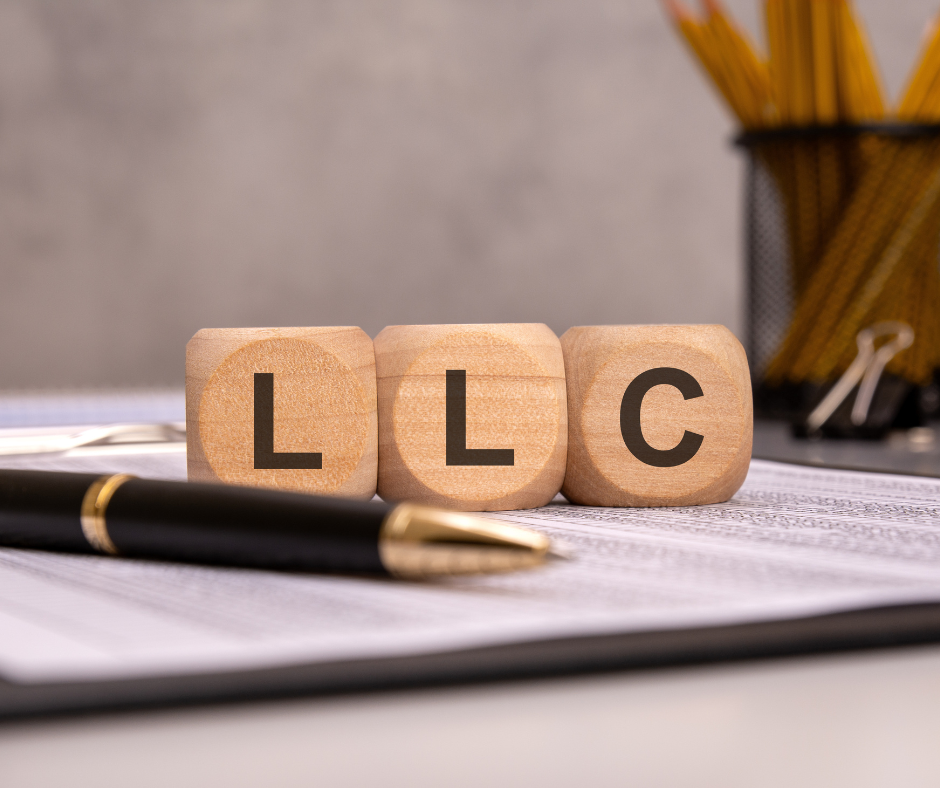Emergency conservatorship is the legal process of temporarily appointing a person — called a conservator — to make financial decisions on behalf of another person — called a protected person.
Although thoughtful estate planning can often prevent the need for conservatorship, sometimes it cannot be avoided, especially in times of crisis. Understanding the requirements and responsibilities of a conservator is important when you find yourself considering whether emergency conservatorship is the best step for protecting your loved one’s interests.
Who Needs Emergency Conservatorship?
Conservatorship is a way of protecting a person’s property, income or entitlements when they are unable to protect themselves. If there is concern that this person may face substantial harm to their assets in the near future — even if a petition for appointment of a conservator is already pending — the court may decide that an emergency order appointing a temporary conservator is best.
Sometimes, courts appoint a special conservator if the already appointed conservator is not effectively performing their duties or to take care of a specific issue or asset.
How Do I Get an Emergency Conservatorship?
If you are seeking emergency conservatorship for a loved one, you must file a petition with the Probate and Family Court. This petition will need to address the following:
- Why is temporary conservatorship needed? The petition needs to state the nature of the circumstances leading to the need to protect the person named in the petition. People with special needs are most commonly thought of as those who need to be protected by conservatorship. However, those who have experienced acute onset of severe mental illness or traumatic brain injury, or even those who have gone missing, might also be candidates for temporary conservatorship to ensure that their property and finances are protected.
- What harm would be avoided by conservatorship? It is not enough to show the court that a person may not be financially savvy. Conservatorship is a powerful legal tool that places a great deal of responsibility in the hands of the conservator through access to the protected person’s assets, and the court does not take that lightly. People are allowed to make poor investments or spend unwisely, so it is the responsibility of the petitioner to demonstrate the impending severe consequences of allowing the potential protected person to continue to manage their own finances.
- What actions will be taken by the temporary conservator? The person petitioning for conservatorship should be able to identify which actions will be taken to prevent the previously named financial harm, which could include making sure that financial arrangements are being made to protect the physical and emotional safety of the protected person. While a conservator is not a guardian, this person can ensure that living expenses are not neglected.
Tell Us About Your Concern
Contact Us Today for Your
Case Evaluation
- Your Information Is Safe With Us
How Long Is Temporary Conservatorship?
While a permanent conservatorship lasts until the protected person dies or a judge revokes the conservatorship, a temporary conservatorship lasts for only 90 days. At that point, if the issue has not yet been resolved, the court may extend the order for an additional 90 days.
Do I Need an Emergency Conservatorship If I Have Power of Attorney?
That depends on what the power of attorney covers and when it becomes effective. Some powers of attorney only become effective upon the occurrence of certain events, such as incapacity, but even getting to that point can take time — someone must certify that the individual is incapacitated. An emergency conservatorship can bridge the gap and prevent a disruption in the handling of finances.
How Do I Obtain a Conservatorship?
The first step is filing a petition with the Probate and Family Court that reflects why the petition is being filed. Notice will be sent to the potential protected person as well as any other person named in the petition, such as an existing agent of power of attorney.
If there is a need for an emergency order, the court may waive or adjust the notice requirement prior to appointing a temporary conservator.
What Does a Conservatorship Lawyer Do?
Conservatorship attorneys can support any interested party in a conservatorship case. Depending on the situation, an attorney may be able to help the potential protected person seek an alternative to conservatorship. The goal is always to find the most effective — but least restrictive — way to protect a person.
How Do I Avoid Conservatorship?
While no one likes to think about the worst-case scenario, planning ahead can mean preventing you or your loved one from feeling stripped of all dignity and independence. Whether you are thinking ahead to your elder years or planning for your family member with special needs, an individualized estate plan can provide financial security and peace of mind.
Powers of attorney and trusts are two robust estate planning options, and a wills and estates lawyer like those of The Law Offices of Kimberly Butler Rainen can help you find the best solution for your family. Contact our office to schedule a consultation.
Professional Associations




Contact Us Today
Real Clients, Real Testimonials
Contact Us
- Your Information Is Safe With Us


